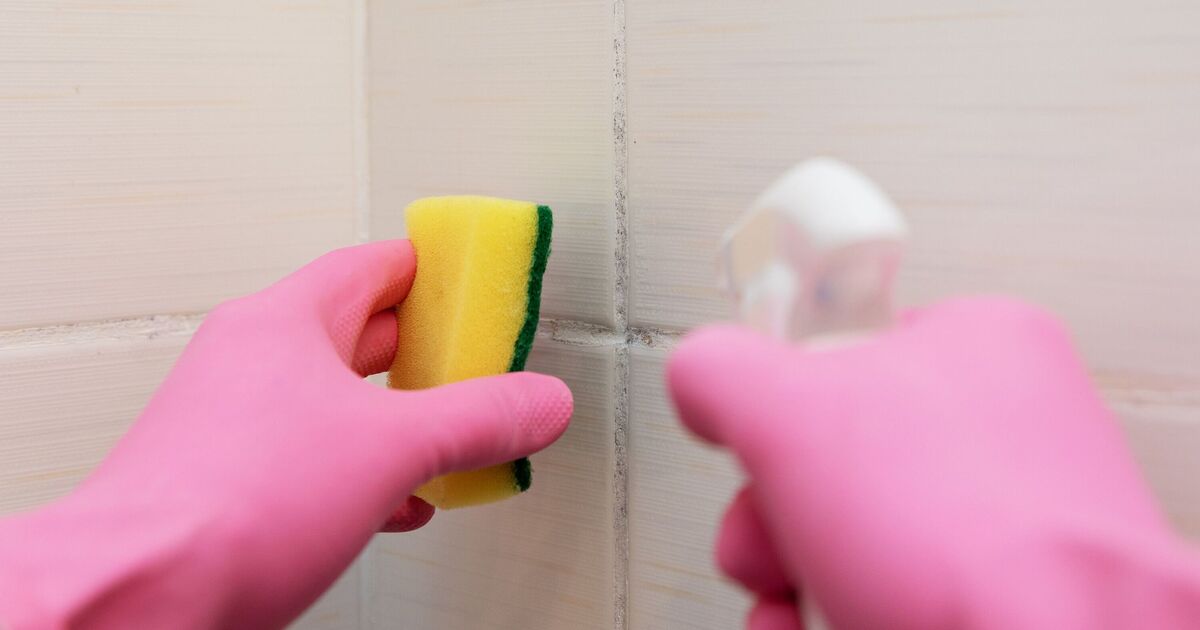White vinegar is one of, if not the most, versatile natural household cleaners you can find.
From tackling stubborn limescale in your kettle and your toilet to whitening bedding and clothes, white vinegar is a favourite for many.
However, like any cleaning product, natural or otherwise, then it’s important to know that vinegar is not a magic do-it-all product.
While white vinegar has proven itself to be a cost-effective and eco-friendly solution for tackling many cleaning tasks, it’s crucial to recognise that not all surfaces and materials are compatible with this acidic wonder.
In an effort to promote informed cleaning choices and prevent potential mishaps, the cleaning experts at Daily Poppins have shared what to avoid cleaning with white vinegar.
1. Marble, granite and other natural stone
Households should not use vinegar to clean marble, granite, and other natural stones, such as slate, whether they are used for home finishes, such as countertops, floors, and shower walls, or household goods, such as tabletops or serving pieces.
The reason for this is that pitting can occur in natural stone due to the acid in vinegar.
2. Rubber gaskets and hoses
Rubber parts such as gaskets and hoses “can disintegrate after prolonged or repeated exposure to vinegar”.
Vinegar can be safely used to clean household appliances like washing machines, refrigerators, and dishwashers, but you should check the manufacturer’s instructions before doing so.
3. Grout
Grout that is unsealed or damaged “should never be cleaned” with vinegar, as it can “etch or wear away grout over time”, causing it to “deteriorate”.
Cleaning sealed grout with vinegar can be done, but it’s better to use non-acidic cleaners like baking soda instead to avoid weakening it.
4. Anything that contains chlorine bleach
Mixing chlorine bleach with vinegar “creates toxic chlorine gas” as a result of a chemical reaction.
“Under no circumstances” should chlorine bleach, or products containing chlorine bleach, be mixed with vinegar, urged the experts.
5. Cast iron
Cast iron cookware’s non-stick surface is protected by a layer of seasoning, which “vinegar eats away at”.
Cast iron itself can pit when exposed to distilled white vinegar for a prolonged period of time.
6. Waxed or unfinished wood
The use of full-strength cleaning vinegar on waxed or unfinished wood can “cause discolouration”.
If you plan to clean wood, you should use vinegar diluted with water or a non-acidic cleaning agent.
7. Stainless steel
Instead of vinegar, use a non-acidic cleaner when cleaning stainless steel knives, cookware, and household appliances.
It is not unusual for stainless steel to develop pitting after prolonged exposure, especially to vinegar’s acids.









